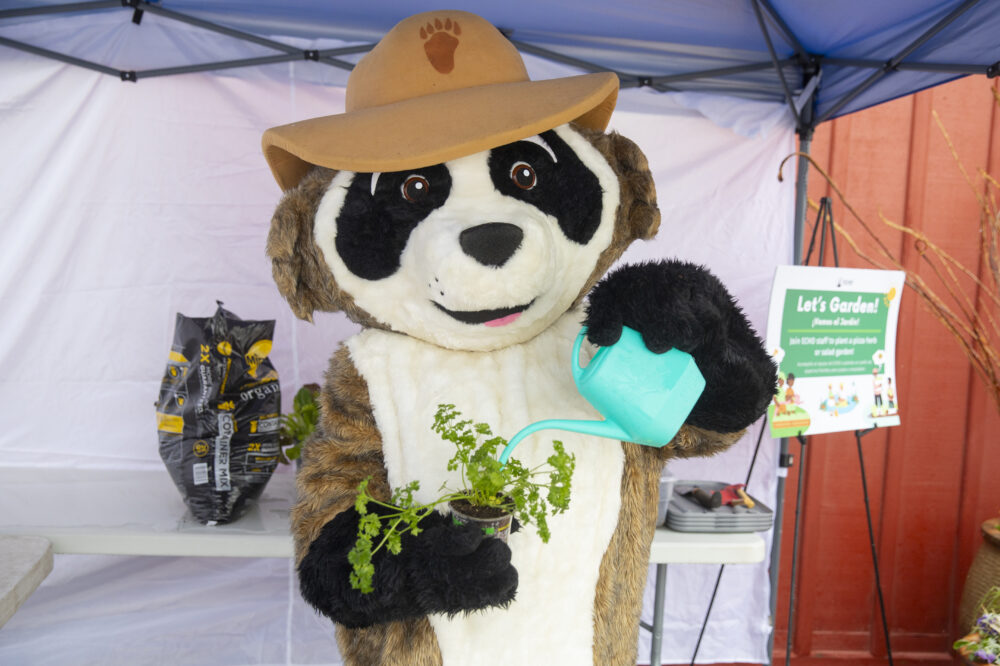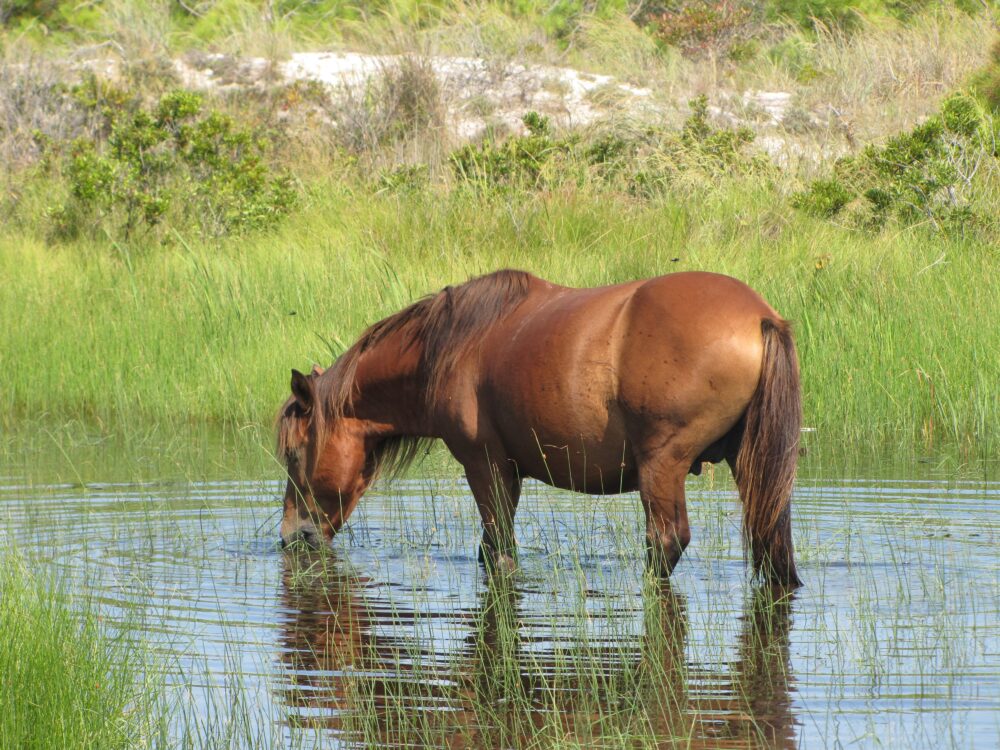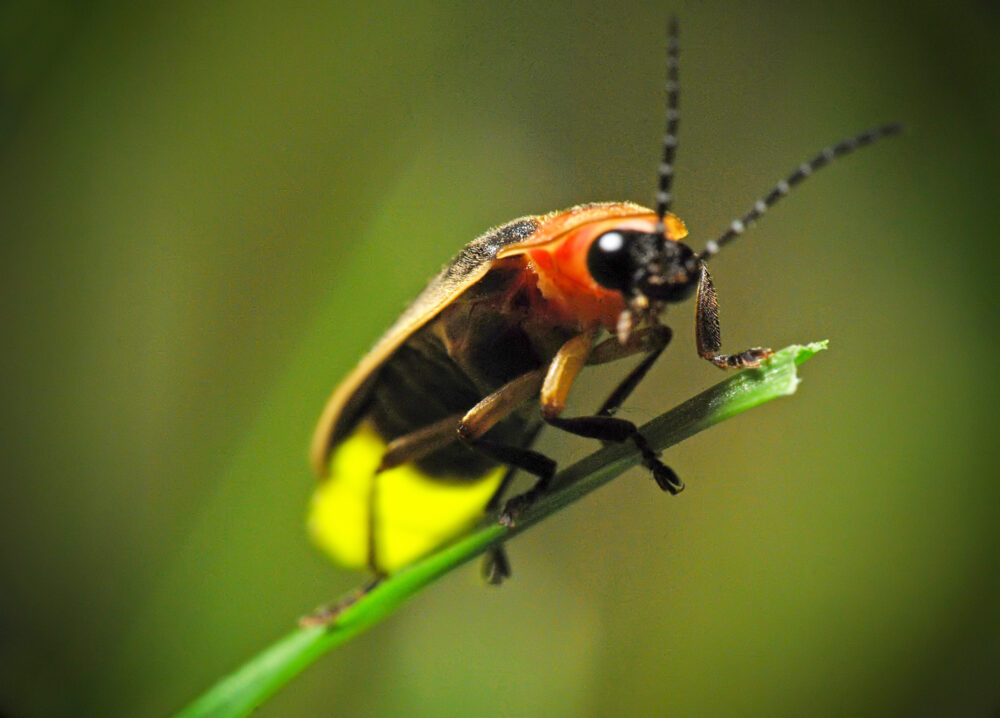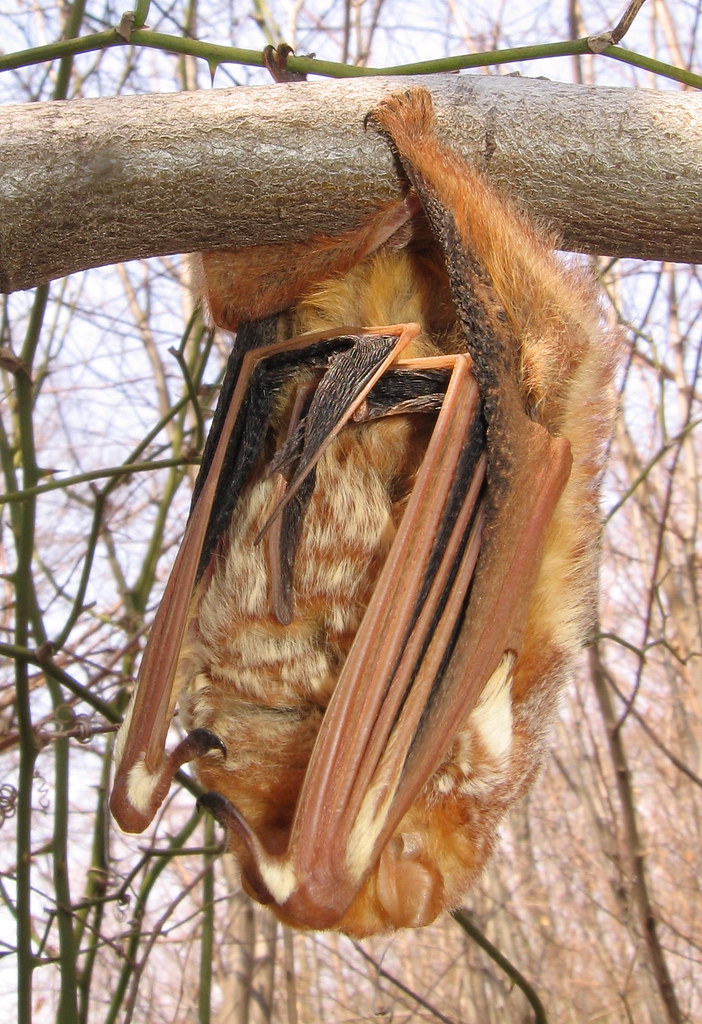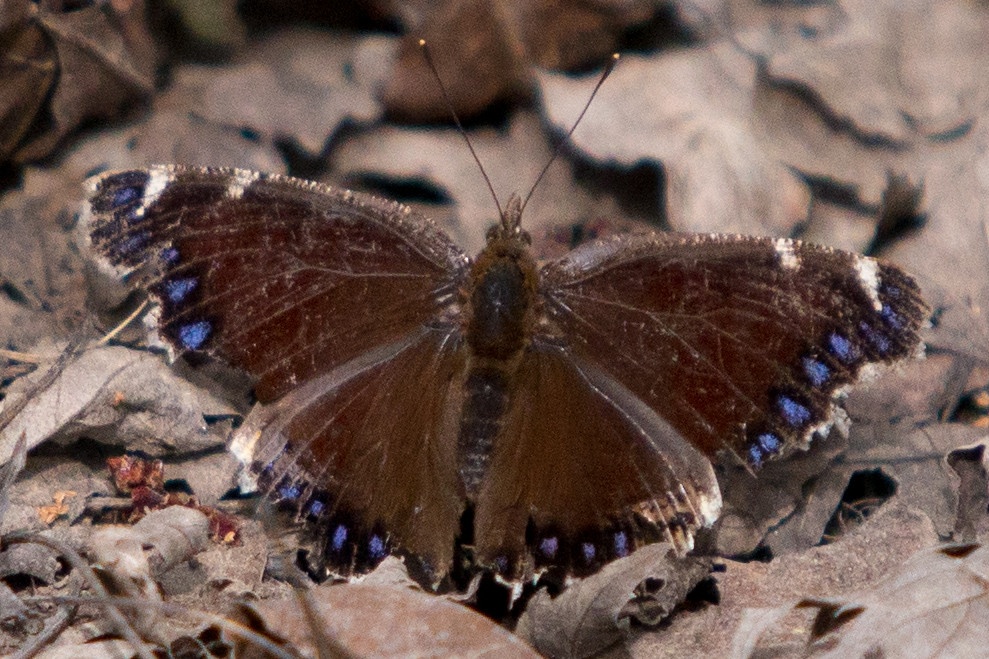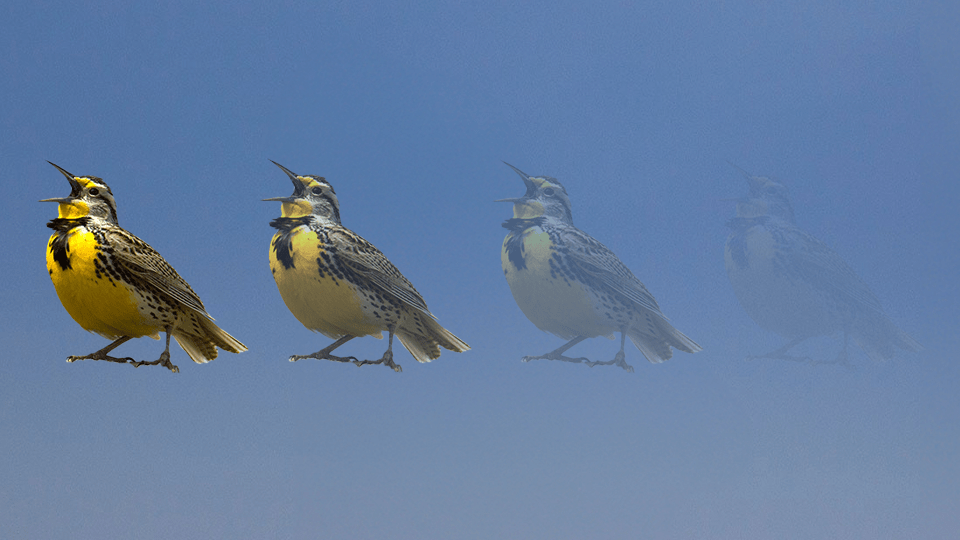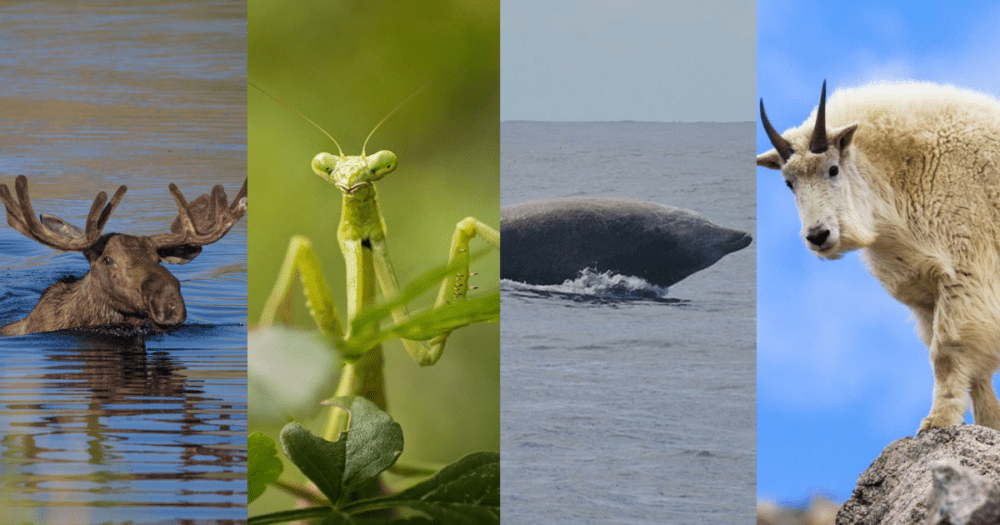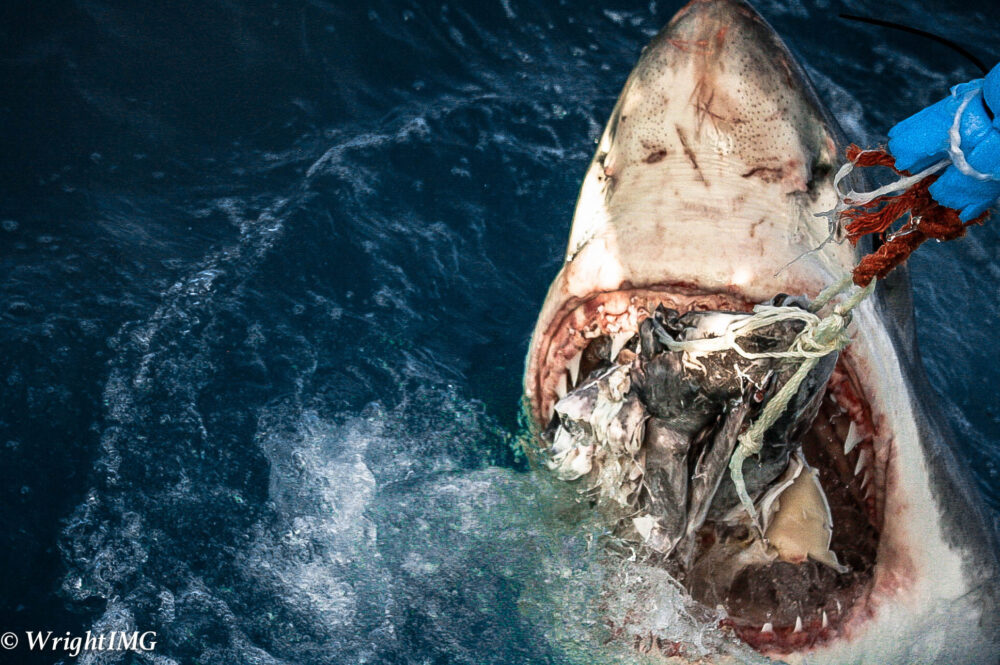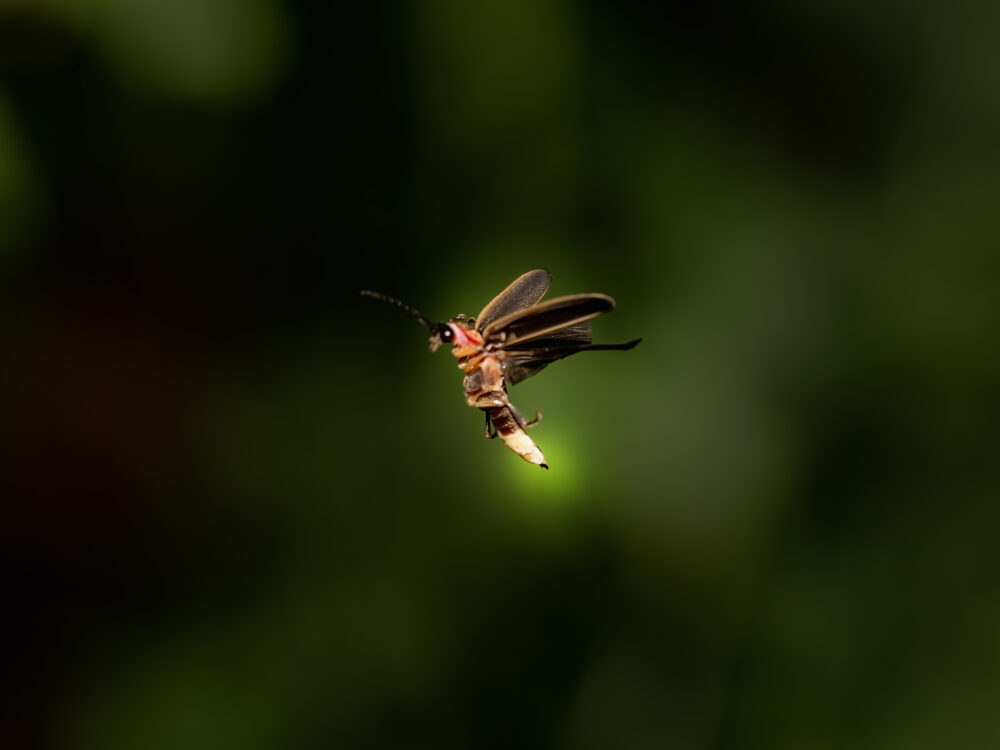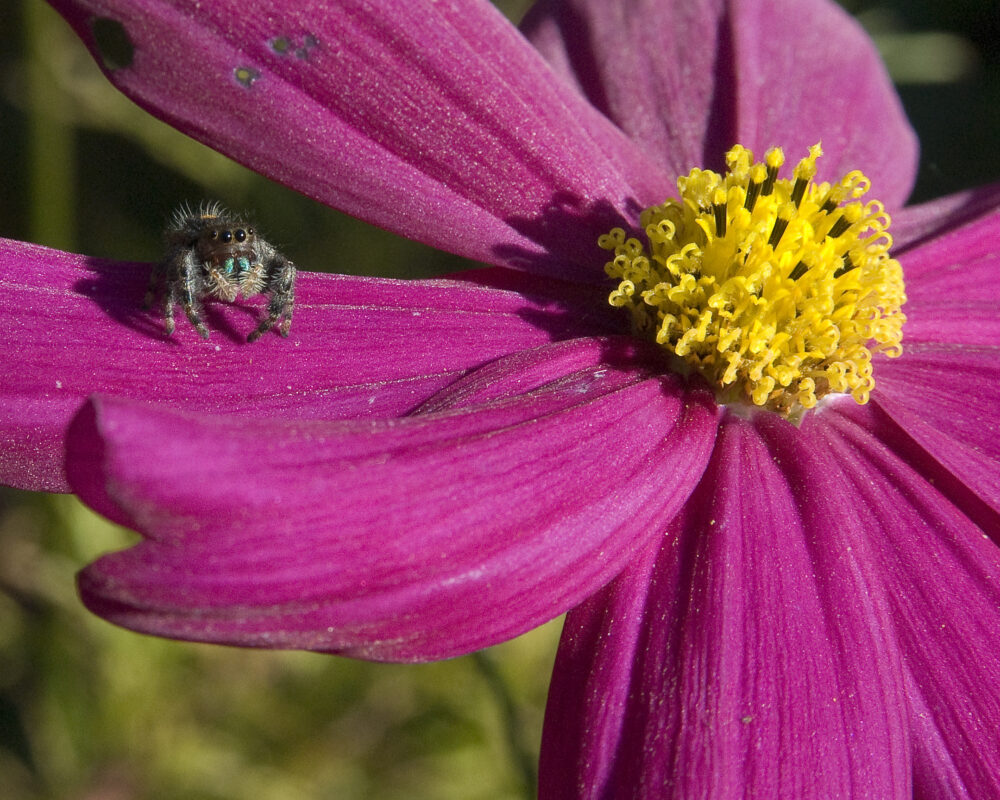We have much more to do and your continued support is needed now more than ever.
Dolphins Call Each Other Out by Their Names
Although we don’t talk to dolphins, we are learning more about how they communicate with one another. A recent study released by the University of St. Andrews in Scotland gives evidence to the evolving theory that dolphins use unique whistles to identify each other and dolphins in the study responded to their own call played back to them. In essence, scientists say they can now call them out by their “names.”
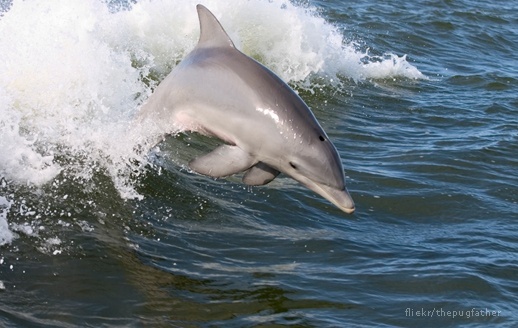
By recording the unique whistles of a group of wild bottlenose dolphins and playing the audio back to the animals through underwater speakers, they observed that the individual dolphins only responded to their own unique whistles. The dolphins did so by echoing back their signature sound.
Living in an environment in which animals run along a dime by dozen, keeping a group together can be hard to handle so dolphins have had to develop unique ways of keeping in touch. Scientists believe this ability helps the dolphins stay in touch with their group as they travel long distances in the open ocean.
Dolphins’ natural curiosity and intelligence continues to surprise us as we learn more about these aquatic creatures. Unfortunately, dolphins continue to suffer as a result of anthropogenic (that’s right, human-caused) hazards.
So long, and thanks for all the… oil?
Many of us prefer to think of dolphins in Douglas Adams’ terms of happy, healthy, fish-eating friends, not sickly and dying animals whose waters have been spoiled and lives put in harm’s way. Dolphins should eat fish not oil, but the legacy we’re leaving them isn’t quite so simple and pristine. Dolphins may be amazing communicators, but despite their best efforts, they can’t speak up for themselves in our terms–they need our voices to inspire decision-makers to act in their best interest.
Three years after the Deepwater Horizon oil spill, dolphins in the Gulf of Mexico are dying at a rate four times the historical average and continue to be plagued with serious illness from exposure to the toxic oil. Sadly, the Gulf is facing a new challenge with the recent explosion of a natural gas drilling rig Hercules 265 which could have untold future effects on the marine life, including Gulf dolphins. In addition, dolphins elsewhere are dying off and growing ill from toxic algal blooms, contaminated waters and the increasing effects of global climate change.
Even if you’re not a fan of the Black Crowes or Douglas Adams, you can appreciate that these creatures are utterly amazing and though they can call each other by their names, they need our voices to protect them and their ecosystems from our folly.
You can help speak up for dolphins and even get the kids involved in learning about and appreciating these great creatures.
Help get justice for oil-exposed dolphins in the Gulf of Mexico.![]()





